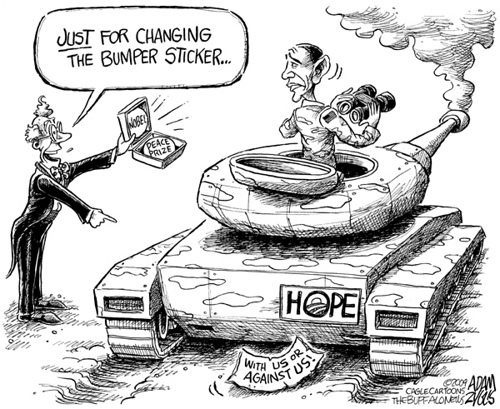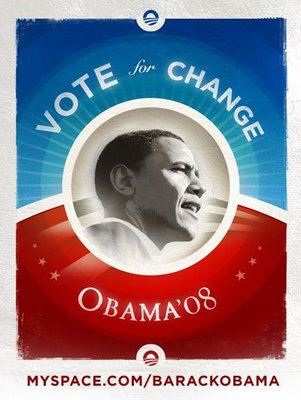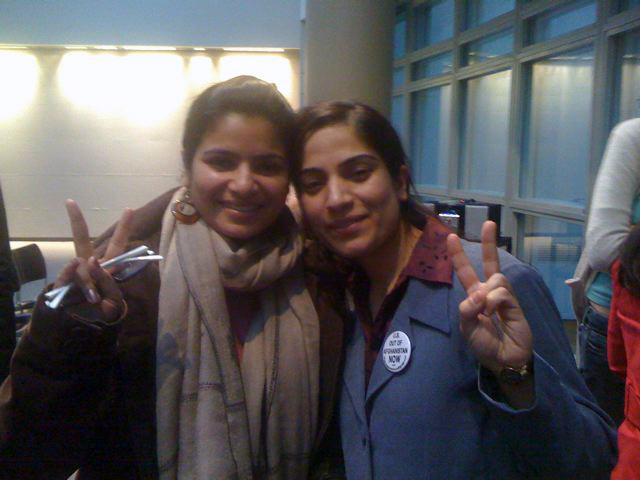The Taxi Takes wins it’s first Award
‘Women and Islam’ won the Best Documentary Prize at the Festival ArtDeco de Cinema at Sao Paolo in Brazil. Look at the Festival site, the Award ceremony looks like it must have been a lot of fun. I would have also gotten an excellent audience to talk to about my work and give out promotional gifts, as they call it in the marketing World – stickers!
This award has simply inspired me to think that I have to create more and expand this project of mine. The several short films(Women and Islam is one of them), should be stringed into a feature documentary. So I think that will be next for sure.
I am really glad that the film is challenging the notions of what it means to be a Muslim woman in today’s society. Islam and it’s role and preconceptions need to be analyzed and understood in a deeper way. Mainstream media always generalizes complicated matters such as these and the individual testimonies of unique and strong protagonists do not come to the surface in Islam’s contemporary narrative. To add to the heady mix, when you bring in gender then an age old rhetoric concerned with the status of Eastern women and discrimination is heard. The wars in Iraq and Afghanistan are being waged and perpetuated partially under the guise of liberating Afghani Muslim women – as we see in the video, many Muslin women are perfectly capable of helping themselves!
The West should get to witness and meet other women like Sameena who might wear a burkha but are taxi drivers bread earners, mothers, teachers and scholarly daughters and even risk their lives to stand for what they believe. Sameena did not see the burkha as repressive or constraining, but some of us make that assumption. I am glad that this film is getting the attention it deserves. I hope this fuels a larger dialogue around the world – if this inspires you, get in touch with me and let’s give your take!
















March 10th, 2010 at 2:25 am
Super-Duper site! I am loving it!! Will come back again – taking you feeds also, Thanks.it was wonderful